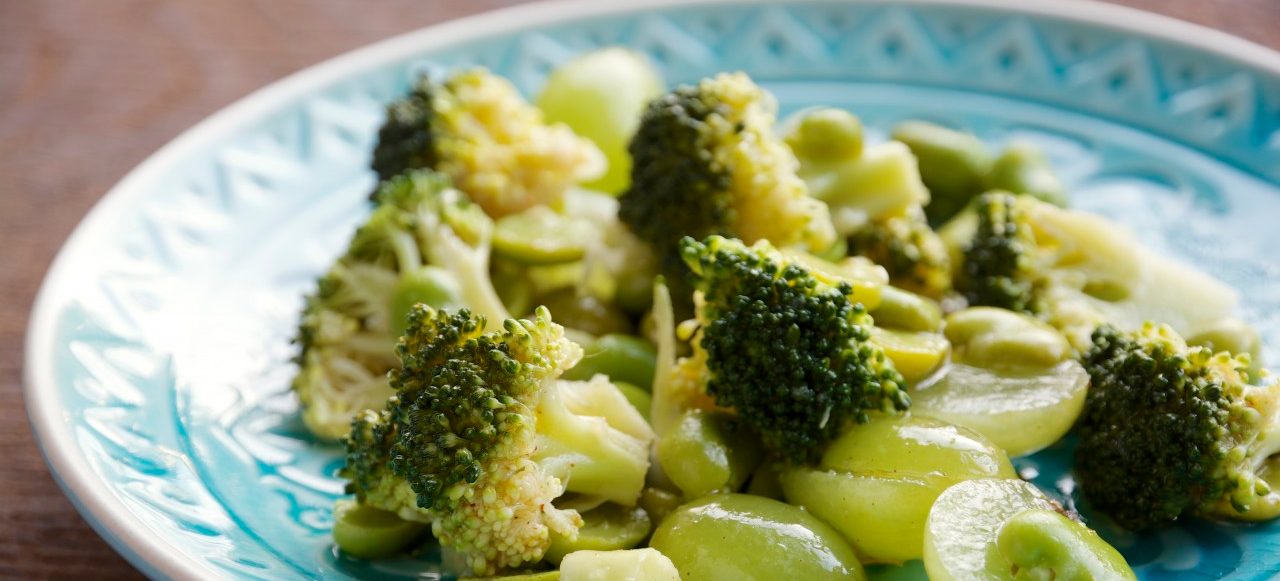How to Become Vegetarian to Prevent Heart Disease - Continued

What is a vegan?
Vegans do not eat fish, red meat, poultry, eggs, dairy, or other animal-based food. Many also avoid all foods that come from living animals or insects, such as honey from bees.
Strict vegans often avoid animal products outside of food as well, such as clothing made of leather, wool, or silk. Many will not use personal care products that include animal-derived ingredients, such as beeswax.
Most health research, however, focuses on the dietary component of veganism.
The difference between vegan and vegetarian
Both vegetarians and vegans eat plant-based diets that avoid meat. Veganism is a stricter diet than vegetarianism, focusing exclusively on plant-based food and avoiding anything that comes from animals.
Vegetarians continue to eat non-meat animal foods, such as milk, cheese, honey, and eggs. A pesco-vegetarian, or pescetarian, eats fish, eggs, and dairy, but not red meat or poultry.
Is vegetarian or vegan better to prevent heart disease?
Studies have found mixed results on whether it is better to become a vegan or a vegetarian.
Some research has found that while both diets can lower your risk of heart disease, the reduction is greater for vegans than for lacto-ovo vegetarians. Other studies have found that the opposite is true: vegans have a higher risk of certain heart diseases, though still lower than those who eat meat.
These differences might be explained by one study’s findings that being a vegetarian actually raised some participants’ risk of heart disease. This was because, as the authors discovered, a plant-based diet is not always a healthy one. Participants who avoided meat but continued to eat processed food, empty calorie snack food, refined carbohydrates, and lots of sugars did not see any heart health benefits at all.
When deciding to become a vegetarian or a vegan, you will lower your risk of heart disease by choosing the diet that will best encourage you to eat a variety of fruits, vegetables, whole grains, and healthy fats.
Updated:
April 09, 2020
Reviewed By:
Janet O’Dell, RN